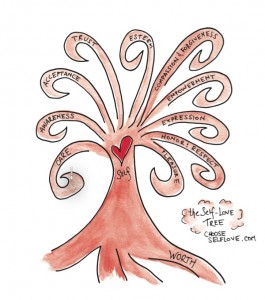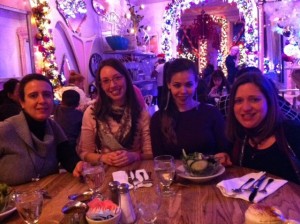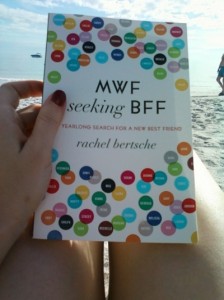Last night I stopped by a friend's house to drop off some homemade banana bread (I have to brag about that for one second because I do things like way too infrequently!) and left her home with a blog idea I wanted to write based on her recent decision to put her child into preschool. What does preschool have to do with you making friends? So glad you asked. "But I'm not a Joiner!"
So the traditional answer that most friendship experts give to women who are looking to make new friends has to do with things with the word "join" in them. Whether it's joining a book or hiking club, signing up for a class, going to a spiritual community, or committing to volunteer at an organization-- the underlying message is: say yes to a group of people who are already affiliated to be doing a specific thing at a specific time.
Invariably then, many women (or reporters if the question was asked in an interview) will then often say, "Yes... but what if I'm not a 'joiner'?" When I ask them why not, they'll say that either those experiences feel artificial, the events are too structured, the associations don't have enough flexibility to them, or that they simply don't see themselves as people who like interacting in groups. Fair enough.
Now back to the preschool conversation.
A couple of weeks ago my friend had given me a convincing list of why she and her husband had decided to opt out of preschool this year. Basically they had decided that they wanted to be more active in providing the benefits of preschool (i.e. interaction with kids, exposure to creativity, learning stimulation) themselves rather than paying someone else to do those things for them. They were excited about field-trips they wanted to take her on, experiences they wanted to plan, and play-dates they were going to schedule.
But recently they changed their minds. And a lot of it had to do with the benefits of joining something.
Because as they said last night, "We just realized how much energy it was going to take to do everything we had pictured... and, to be honest, all that planning, scheduling, and initiating to create our own experience wouldn't leave us the energy we need for some other big life areas we need to be focusing on."
If energy were limitless, then for the sake of argument, it is probable that they could have customized an amazing, perhaps superior, substitute schedule to preschool. But energy is not without limits and they have some big endeavors coming up that are important to them to plan, create, and make happen, too. They chose to ask themselves, "Is the time, finances, and energy worth it to us to create something, rather than participate in something that already exists?" Either answer is acceptable, depending on what else someone has going on, how much energy they have for planning, and how many other priorities are competing with this one.
Now back to "Joining."
So when someone says to me that they aren't a joiner... I'm completely fine with that! I have no reason to urge someone to commit to anything that isn't in harmony with who they are. However, friendships require seeing the same people frequently, doing something together (i.e. meet for lunch, an activity) that has to be planned, and making sure it's scheduled in consistently.
Therefore the follow-up question begs to be asked: "Okay, are you willing to do, and have the extra energy to exert, what it takes on your own to create the things that "joining" can do for you?"
In other words, can you commit to 1) meeting new people and reaching out to them regularly, 2) initiating the making of plans, whether it's picking a restaurant and time or finding a movie to go to, 3) and following up with repeatedly to make sure that your time together keeps happening consistently? All of those things are do-able. But it requires a fair amount of commitment, energy, time, and planning to pull it off. It's worth looking at your life and deciding what other priorities are pulling at you right now and how much time/energy do you want to put toward building new relationships?
The truth is that "joining" anything is so not necessary. Nor is it often even better. It's just often easier.
So if you find yourself wishing for more friends or activities in your life, and you don't want to join something, then you just have to be clear that a meaningful friendship requires time together, plans of some kind, and initiation to keep it scheduled.
It's for ease, convenience, and energy-management that many of us will end up opting to step into structures that are already planned and organized. We join churches, classes, sports teams, choirs, boards, associations, clubs... and preschools-- not always because those actual things are superior to what we could plan, but purely because they are superior to what we actually do plan!
If my friends had nothing else going on in their lives... I trust they could piecemeal an amazing childhood schedule filled with friends, play, creativity, and learning. But in this case joining a preschool made sense for them.
An added bonus? The preschool they've chosen is very parent-involved so it will be a structure for them to make friends, too. One more thing they don't have to make happen all by themselves!
--------------------
As always, all women are invited to join GirlFriendCircles.com-- a match-making site for female friendships-- where things like ConnectingCircles are planned for you OR you can be in charge of the planning and initiating by searching our database or posting events on the calendar! :)


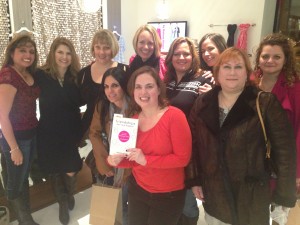
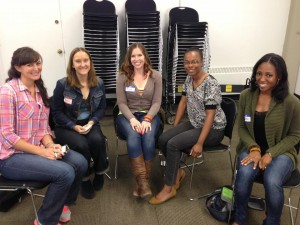
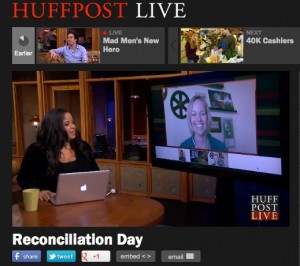
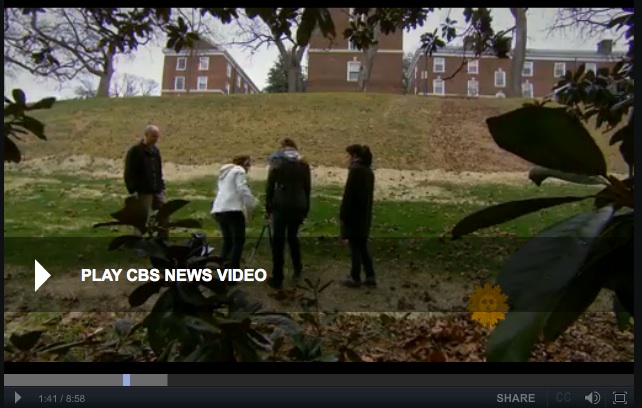
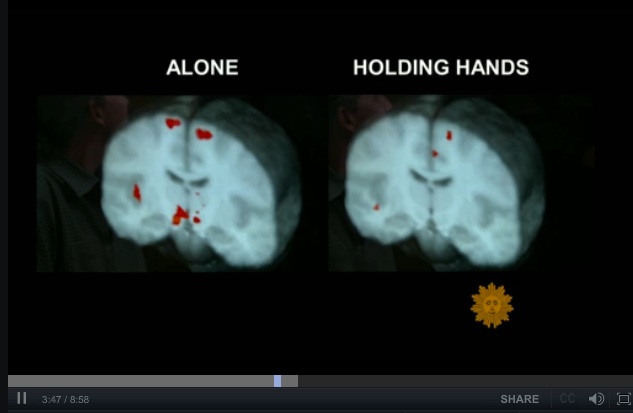

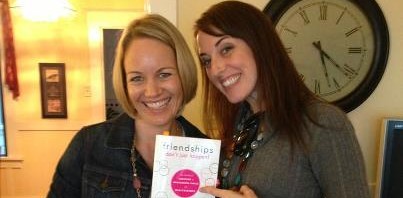
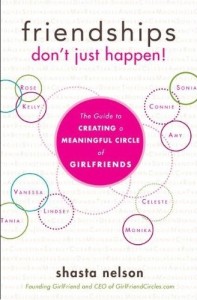
 , is dubbed the Queen of Self-Love. A word we don't use all that much, and yet she makes the convincing case that it's the tree trunk out of which everything else must grow:
, is dubbed the Queen of Self-Love. A word we don't use all that much, and yet she makes the convincing case that it's the tree trunk out of which everything else must grow: